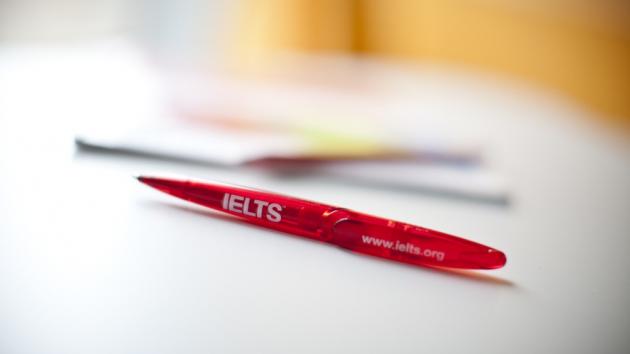If you want to score better in IELTS, understanding the test format can help you a great deal. You can identify your weak areas and spend more time on improving them. No matter if you’re a native English speaker or not, both are the same. In fact, non-native speakers often score better than the natives who come unprepared for IELTS.

This post will help you understand the basic components of IELTS English language testing and how you should be preparing for them.
IELTS Versions
There are two versions of the test: IELTS Academic and IELTS General Training. Both are graded in exactly the same way.
- IELTS Academic: It measures English language proficiency needed for an academic, higher learning environment. The tasks and tests are accessible to all test-takers, irrespective of their subject focus.
- IELTS General Training: it measures English language proficiency in a practical, everyday context. The tasks and tests reflect both workplace and social situations.
For the preparation of IELTS, you can join Calgary English language centers where your trainers can provide you loads of test material and past papers. You can also take part in IELTS practice test, after joining English language Calgary center.
Components of IELTS Testing
Each of the above mentioned version has been divided into four components.
Listening: There will be four recorded monologues and conversations. In the end, you have to answer the questions related to them. This session will be of 30 minutes, plus, extra 10 minutes will be given to you for transferring your answers to answer sheet.
Reading: This test session is 60 minutes long for both the versions. However, the content are different.
In academic version, you will be given 3 long reading passages with tasks. Text range from descriptive and factual to the discursive and analytical. There will be non-verbal material such as illustrations, diagrams and graphs. All texts will be authentic, taken from journals, books and newspapers.
In general training version, there will be three passages with tasks. Section 1 contains 2 – 3 short factual texts. Section 2 will have 2 work-related factual texts. And section 3 contains a longer topic of general interest. All reading content will be authentic, taken from official documents, company books, newspapers etc.
Writing: A writing test session will be of 60 minutes for both versions of IELTS test.
For academic version, you will be given a writing tasks of 150 words. The candidate will be responsible to summarize, describe or explain a diagram, graph, chart or table. Then there will be a short essay of 250 words or more.
For general training version, there will be two tasks; a letter writing tasks of at least 150 words, and a short essay of at least 250 words.
Speaking: this session will be of 11 – 14 minutes in which candidate has to appear in a face-to-face interview. This session includes short questions, speaking at length about a familiar topic and finally, a structured discussion.
First three test will be taken on one day, without any break. Fourth test may be arranged on the same day or 7 days before or after that.




